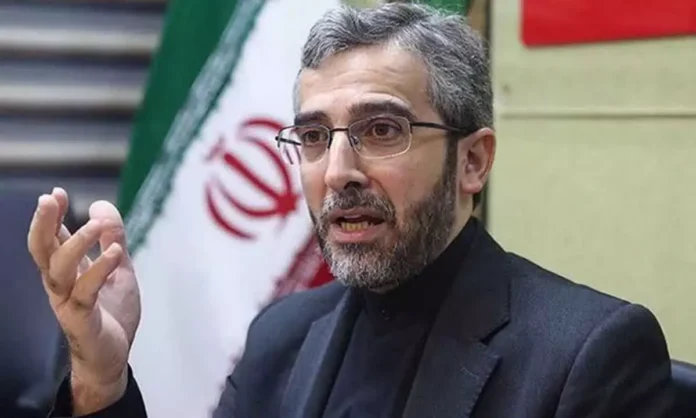Dr. Takht Ravanchi to Strengthen India-Iran Ties
Dr. Takht Ravanchi, Iran’s Deputy Minister of Foreign Affairs, will visit India on Thursday to discuss critical bilateral and regional issues. Key agenda items include enhancing trade in energy and non-energy sectors, regional security, improving connectivity and tourism, and advancing the Chabahar Port project.
Falling Trade Volumes and Energy Trade
A senior Iranian official expressed concern over declining trade volumes, largely attributed to international sanctions on Iran. “We used to have good economic ties, but they are not the same after sanctions. Nevertheless, opportunities exist for better traditional energy trade,” the official noted.
Despite sanctions, Iranian oil remains of interest to Indian refineries due to its compatibility. However, India has shifted to Russian oil amidst differing geopolitical circumstances.
Focus on Non-Energy Sectors
Iran seeks to bolster ties in non-energy sectors like agriculture and tourism. The official urged India to ease visa processes for Iranian tourists, citing their growing preference for destinations in Europe and neighboring countries over India.
Chabahar Port and Connectivity Initiatives
The development of Chabahar Port, a vital gateway to Central Asia and Europe, remains a top priority for Iran. “Chabahar has brought India and Iran closer. It is a strategic route, and we are committed to its development,” the official said.
Iran also discussed the proposed undersea tunnel connecting its southern port city of Dayyer to Qatar. The official clarified that this initiative is not intended to compete with regional corridors like the International North-South Transport Corridor (INSTC) but to enhance connectivity.
The INSTC, a multi-modal transport corridor, is a collaborative effort by India, Russia, and Iran. It aims to connect India to Northern and Western Europe, enhancing trade and transport across Central Asia and Eurasia.
Regional and International Security Concerns
Iran emphasized strong cooperation to combat terrorism, highlighting the fragile state of its neighborhood with ongoing conflicts in Syria, Lebanon, and Yemen.
On Palestine, the Iranian official reiterated Tehran’s stance: “The people of Palestine should have the right to self-determination and decide their own future.” The official condemned ongoing atrocities and warned that patience over the situation is wearing thin.
Iran and China’s Regional Role
Tehran welcomes China’s growing investments in the region, with Iran and Saudi Arabia aligning on the matter. The Iranian official acknowledged China’s strategic importance in shaping the region’s future, further solidifying the nation’s partnerships with key players in West Asia.
Conclusion
Dr. Ravanchi’s visit signals a renewed effort to deepen India-Iran ties amidst regional and global challenges. With discussions spanning trade, connectivity, and security, the visit could mark a significant step in strengthening the historic relationship between the two nations.


